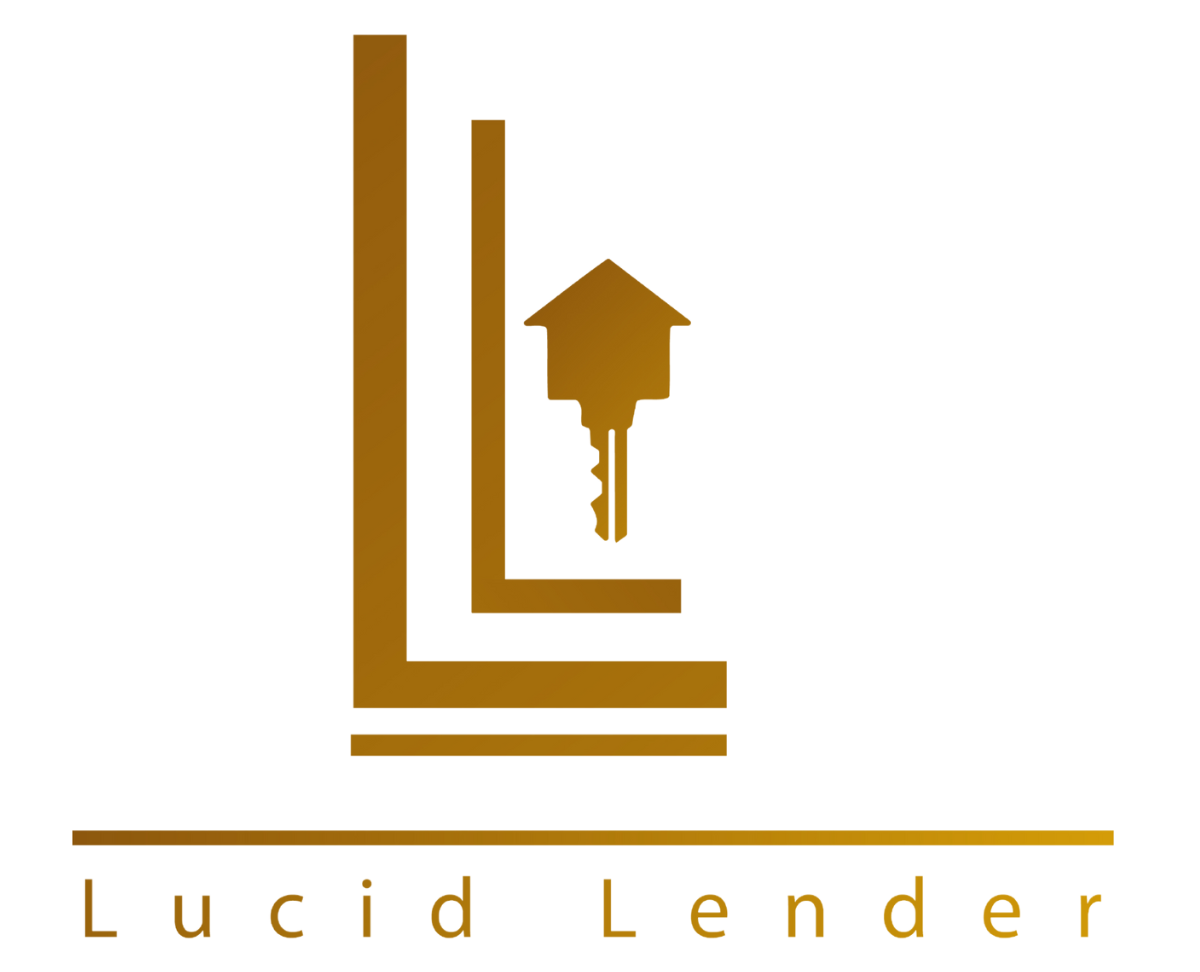Mortgage Programs
CONVENTIONAL LOANS
Home buyers seeking a conforming loan typically enjoy the largest selection of loan products at the most competitive rates. Conventional loans offer flexible terms, competitive interest rates, and the ability to finance higher loan amounts. They are a popular option for borrowers who have good credit and stable income, and who are looking to purchase a primary residence, a second home, or an investment property. Overall, conventional loans can be tailored to meet the unique needs of each borrower and provide the financing they need to achieve their real estate goals.
FHA LOANS
FHA loans are a type of government-backed mortgage that are insured by the Federal Housing Administration. They are designed to help low-to-moderate income borrowers with less-than-perfect credit to become homeowners. FHA loans offer a low down payment option, typically just 3.5% of the home’s purchase price, and have more relaxed credit requirements than conventional loans. They can be used to purchase a primary residence, and in some cases, a multi-unit property. Overall, FHA loans are a great option for first-time homebuyers or those with limited down payment funds and lower credit scores.
VA Loans
VA loans are a type of mortgage that are guaranteed by the Department of Veterans Affairs (VA) and designed to help active-duty service members, veterans, and eligible surviving spouses to become homeowners. VA loans offer several advantages, such as no down payment requirement, competitive interest rates, and no private mortgage insurance (PMI) requirement. Overall, VA loans are a great option for those who have served our country and are looking to achieve the dream of homeownership.
BANK STATEMENT LOANS
Bank statement loans are a type of mortgage that is designed for self-employed borrowers or those with non-traditional income sources who have difficulty qualifying for a traditional mortgage. Instead of relying on W-2s or tax returns, bank statement loans use bank statements to verify income. Typically, lenders will look at 12-24 months of bank statements to determine a borrower’s average monthly income. Bank statement loans offer greater flexibility in terms of income documentation and can be used to purchase a primary residence, second home, or investment property. Overall, bank statement loans are a great option for those with non-traditional income sources who want to become homeowners.
USDA LOANS
USDA loans are a type of government-backed mortgage that is insured by the U.S. Department of Agriculture (USDA) and designed to help low-to-moderate income borrowers in rural and suburban areas to become homeowners. USDA loans offer several advantages, such as no down payment requirement, competitive interest rates, and low mortgage insurance premiums. They can be used to purchase a primary residence and are restricted to properties located in USDA-eligible areas. Overall, USDA loans are a great option for those looking to buy a home in rural or suburban areas and who meet the income and other eligibility requirements.
down payment assistance programs
Down payment assistance is a type of financial assistance that can help homebuyers with their down payment and/or closing costs. Down payment assistance programs can help reduce the upfront costs of purchasing a home, making homeownership more accessible for homebuyers. Eligibility requirements vary by program, but many require the buyer to complete a homebuyer education course and meet certain income limits. Overall, down payment assistance can be a great way to overcome the obstacle of a large down payment and help more people achieve their dream of homeownership.
REVERSE MORTGAGE
A reverse mortgage is a type of loan that allows homeowners aged 62 or older to convert a portion of their home’s equity into cash. Unlike traditional mortgages, with a reverse mortgage, the borrower receives payments from the lender rather than making payments to the lender. The loan does not need to be repaid until the borrower dies, sells the home, or permanently moves out. Interest on the loan is added to the balance over time, which can result in the loan balance increasing over time. Overall, a reverse mortgage can be a good option for those who want to tap into their home’s equity to supplement their income in retirement.
Home equity line of credit (heloc)
A home equity line of credit (HELOC) is a type of loan that allows homeowners to borrow against the equity they have built up in their home. It is a revolving line of credit, similar to a credit card, where the borrower can draw on the line of credit as needed up to a certain limit. The amount of credit available is based on the home’s appraised value, minus any outstanding mortgages or liens. Overall, a HELOC can be a good option for homeowners who need access to a line of credit for home improvements, unexpected expenses, or other needs, and who want to use the equity in their home as collateral.
non-qualified mortgage loans (non-qm)
Non-QM loans, or non-qualified mortgage loans, are a type of mortgage that does not meet the qualified mortgage (QM) standards set by the Consumer Financial Protection Bureau (CFPB). Non-QM loans may be offered to borrowers who have non-traditional income, high debt-to-income ratios, or other factors that make it difficult to meet the strict underwriting requirements for QM loans. Non-QM loans may have higher interest rates and fees than QM loans, but they can offer greater flexibility in terms of income documentation, credit history, and other factors. Non-QM loans can be used to purchase a primary residence, second home, or investment property. Overall, non-QM loans can be a good option for borrowers who do not qualify for traditional QM loans and who are willing to accept the higher costs and risks associated with these loans.

